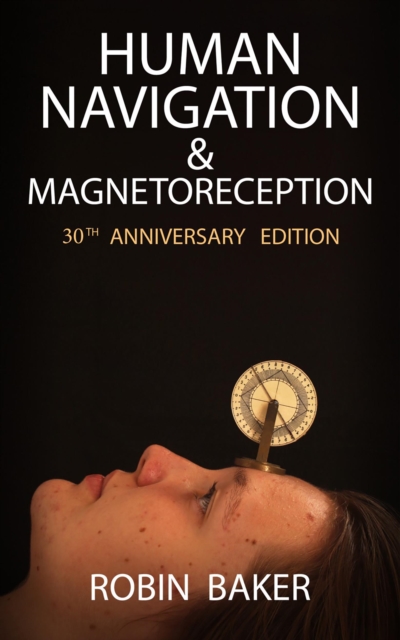
Human Navigation and Magnetoreception EPUB
by Robin Baker
EPUB
Description
Human Navigation and Magnetoreception, first published in 1989, was written to draw a line under an academic feud that had enlivened much of the 1980s.
Now, thirty years on, a new generation of researchers, students and journalists have voiced a need for the book's contents to be made generally available again - and this digital 30th Anniversary edition (with a new Preface by the author) is the result.Like all mammals, early humans needed to find their way from place to place without becoming lost.
For many, the penalty for poor navigation was death.
Yet through most of humankind's evolutionary history the only map was in the head and the only compasses in the world around.
These were provided by the sun, moon and stars - and something else.
In 1980, research at Manchester University, England, led to the claim in the journal Science that during 'natural' navigation humans can use an innate subconscious sense of magnetism.
The claim was novel - to some scientists unjustified - and in the years that followed triggered intense and often bitter argument as experiments were criticised, improved, repeated and extended.
Even thirty years after first publication, Human Navigation and Magnetoreception remains the most complete book ever written on the subject of the human magnetic sense.
It describes over a decade of research by not only the author and his team at Manchester but also by his various critics and others around the world.
Although the experiments began on small groups of British students, the studies eventually extended to include many ages and nationalities, including specialist groups such as orienteers, nudists, trans-equatorial travellers, dyslexics and the blind.
By the time the Manchester and other studies ended, thousands of people worldwide had taken part.
Other mammals - horses and mice - had also been studied and the results for all were exciting.
They were also controversial, and the arguments they triggered vitriolic.
Aimed primarily but not only at scientists, the book presents detailed experimental evidence in support of its conclusions.
It demonstrates how the magnetic sense is used alongside sun and star compasses in natural explorations.
It also demonstrates a close link between magnetoreception and sight and makes inferences for the nature of the magnetic sensor itself.
Within the book's pages, all of the major points of scientific contention are discussed openly and objectively.
The result is a fascinating account of not only a little-researched human sense but also of the hurdles that some new ideas have to clear before they can be accepted.
Information
-
Download - Immediately Available
- Format:EPUB
- Pages:320 pages
- Publisher:Hard Nut Books Ltd
- Publication Date:12/10/2017
- Category:
- ISBN:9788469758953
Information
-
Download - Immediately Available
- Format:EPUB
- Pages:320 pages
- Publisher:Hard Nut Books Ltd
- Publication Date:12/10/2017
- Category:
- ISBN:9788469758953






